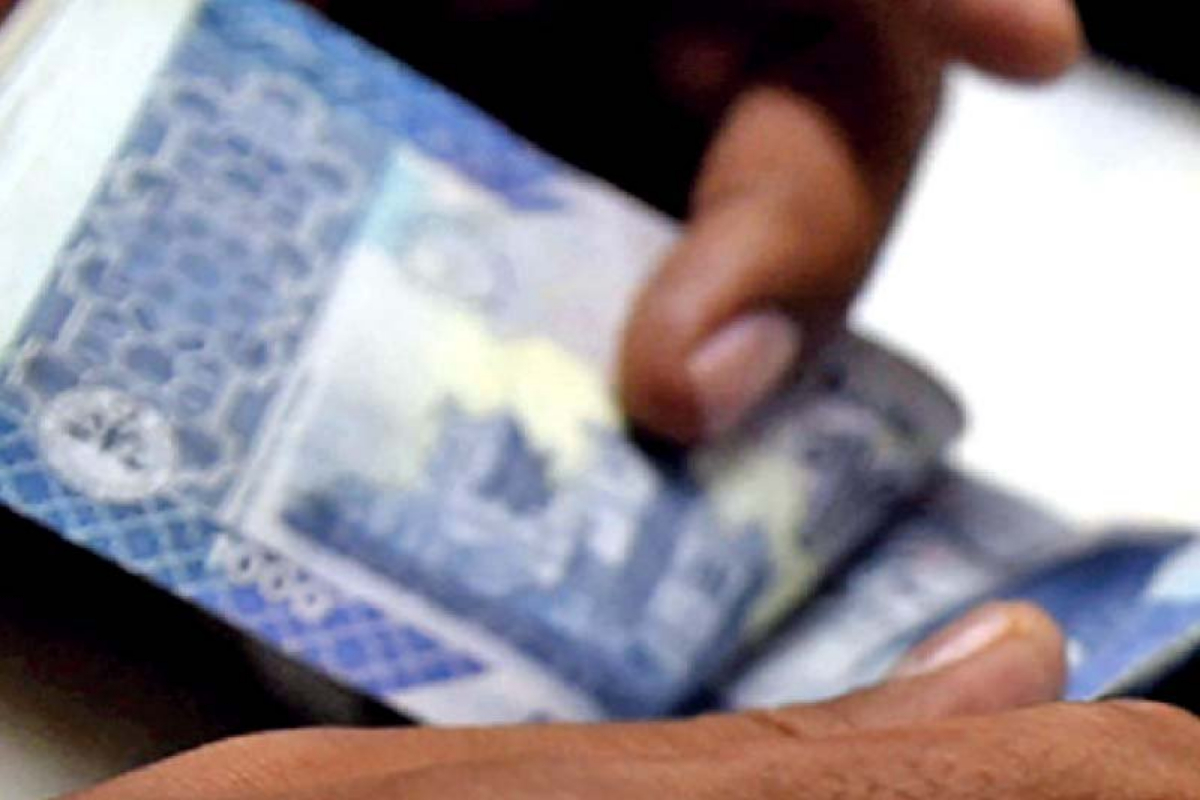France agrees to suspend Pakistan’s debt worth $107mn
Pakistan signs debt suspension agreement with France The amount will now be...

UNISAME calls for steps to curb further rupee depreciation
The weakening of the Pakistani Rupee (PKR) versus the US Dollar (USD) over the previous three-and-a-half months has added about Rs. 6 trillion to Pakistan’s external debt.
The dollar has appreciated by 45.44 rupees against the rupee under the new coalition government, sources said. This is the loss in computations, yet more counterpart rupees must be generated after depreciation.
The opposition parties submitted a No-Confidence Motion against Imran Khan on 8 March and 10 April, removing him from office.
During the new coalition government’s tenure, the free depreciation of the local currency versus the dollar has exacerbated the country’s foreign debt burden. Delay in IMF contracts, politics, oil prices, and increasing foreign fuel payments lowered the rupee value.
According to State Bank, Pakistan’s external debt and liabilities totaling $129 billion on 31 March 2022. (SBP). In March, the government’s external debt reached $100 billion. Banks’ external loans reached $5.8 billion while PSEs hit $7.3 billion. By March 2022, private sector foreign debt was $11 billion and direct investor debt was $4.2 billion.
In March, Pakistan’s overall debt was 53 trillion PKR, including 21.54 trillion in government external debt. End of March, the SBP reported Rs. 183.5 per USD. This amount is roughly Rs 27.54 billion.
After March, it rose by Rs. 45 due to political uncertainty, depreciating forex reserves due to hefty payments, the end of an IMF loan program, and other reasons that ignited the forex market.
Due to the rupee’s depreciation, Pakistan’s external debt has increased by roughly Rs. 6 trillion without new borrowings.
Any change in rupee value can reverse this “loss in calculation” and lessen the debt burden.
Experts say the PKR’s depreciation has raised the country’s debt burden and driven inflation in the last three months. They argued currency devaluation raises energy prices, which boosts inflation.
Pakistan’s inflation rate rose from 11% to 21% in three months (PBS). Currency devaluation pushed inflation to its greatest level in 13 years, according to figures.
Pakistan’s market-determined exchange rate system is influenced by trade deficit and market news. Fuel and other import payments have skyrocketed in the last half-year.
Former Finance Advisor Dr. Khaqan Najeeb said the current PKR adjustment is partly due to election results and Fitch’s downgrade. Letters of Credit (LCs) from energy imports in May and June 2022 are another crucial factor.
Low forex reserves and international factors limit SBP’s ability to moderate chaotic movement.
The dollar’s rise also hurts the rupee. The FX market may stabilize when trade data rise and the IMF Program is revived by August’s end.
Catch all the Business News, Breaking News Event and Latest News Updates on The BOL News
Download The BOL News App to get the Daily News Update & Live News.